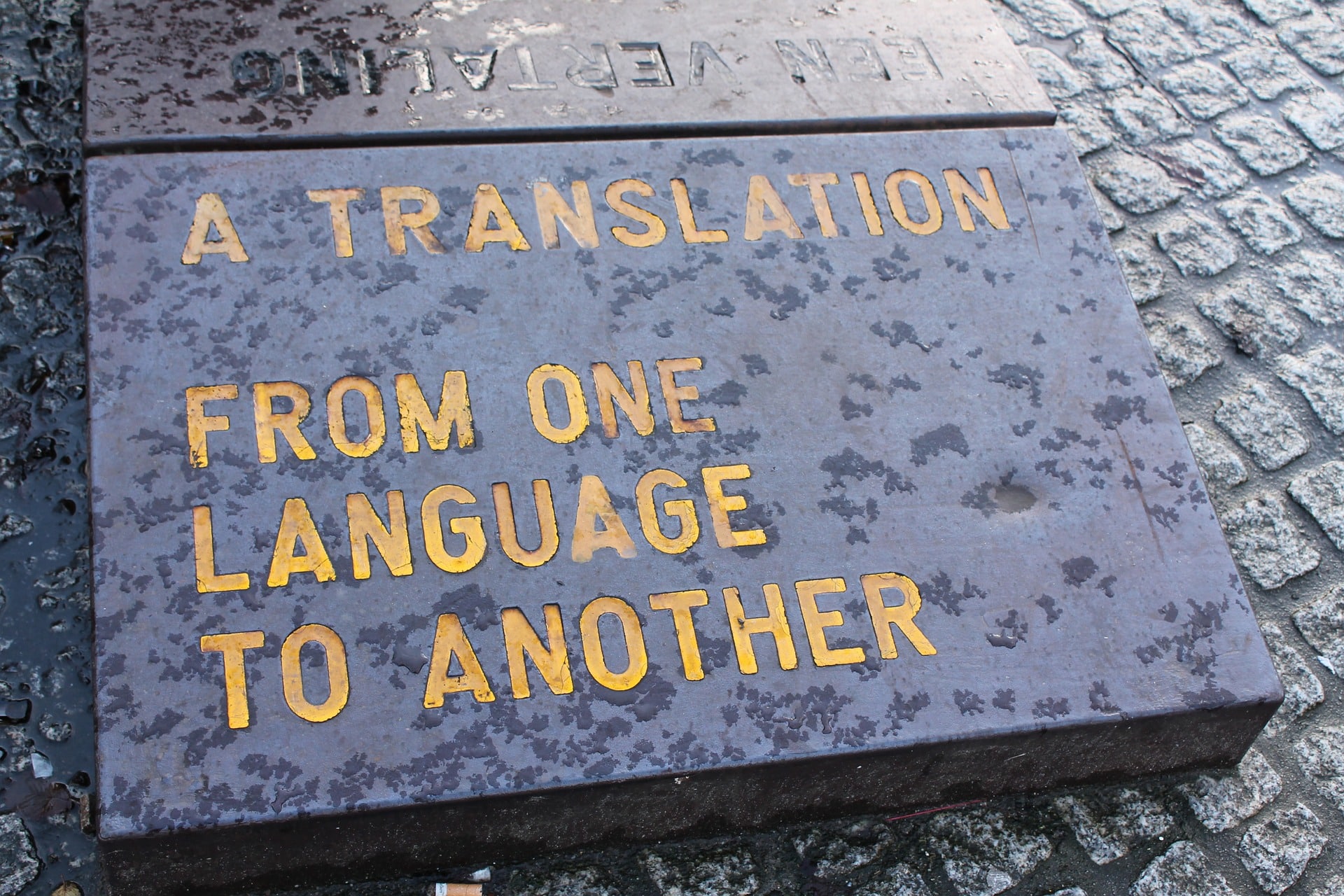At that time I didn’t know that it was precisely this linguistic barrier that would decisively influence my language biography. Since, unlike the other children, I could not communicate with others in my mother tongue, I was an outsider among foreigners. They teased me, laughed at me when I made mistakes. But even then I was an overachiever, I was striving for more. And so I said to myself that one day I would speak better German than the other girls and boys.
My mother tongue does not know grammatical gender
Learning German as a foreign language is challenging. Grammar is complex. My native language Cantonese knows no tenses, no cases, and above all no grammatical sexes. We Chinese are not interested in whether the tree is masculine, feminine, or neutral. On the other hand, we have numerous names for our aunts and uncles. You see, every language culture has different priorities. And so it caused me a lot of trouble to learn the gender of a word and to decline it correctly in everyday life.
I read a lot as a kid that helped me. I also wrote a diary. We all had the same situation in the 5th grade when the French lessons started. I think I discovered my love for language in those years when I intuitively guessed the meaning of French sentences without translating them word for word. Before French, the language was something I tortured myself with. But with French, language suddenly became fun. I began to understand German grammar when I chose Latin as my free subject in middle school. Here I could quench my thirst for knowledge, analyze grammar, and find explanations for the different declensions.
Translating in everyday life
My parents never really learned German. They didn’t need it in everyday life either, because they had us, the four children, who translated everything for them. And so I learned at an early age: language connects, language excludes. It takes mediators, interpreters, and translators to overcome language barriers.
Love led me to the United States. I speak English with my husband. I often catch myself writing emails in English to my customers in Switzerland. I want to build on this bilingualism and expand my offer accordingly. That’s why I started a correspondence course at AKAD University almost three months ago to become a technical translator for German-English. My studies are part-time and I am already translating from English into German to gain experience. Do you have texts or documents to translate? Then I am looking forward to your message.


